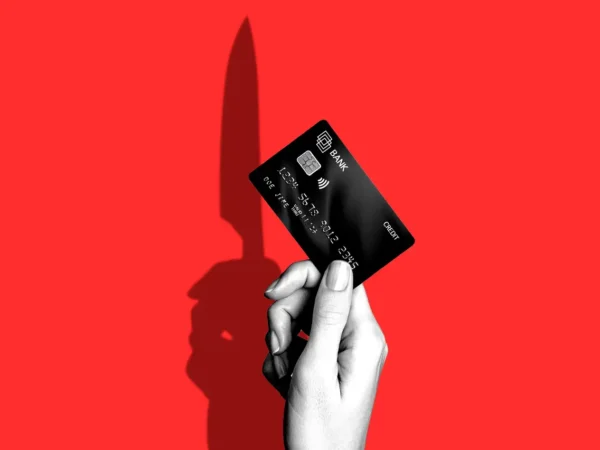
Which Purchases Should Go on Your Credit Card?
You must pay for everything with your card. That’s what it is for, right? Wrong. Owning a card means building a clean credit history by avoiding balances. In turn, it means you must use it selectively.
Which purchases should go on your credit card? This article gives a detailed answer.

Ideally, recurring purchases should go on your credit card. Although you might be tempted to whip your card out for every transaction, it is unwise. You must spend within your means to clear your statement dues and stay out of debt.
The best strategy to avoid incurring an APR is to plan a spending budget for your card and pay with cash intermittently. You must keep your utilization ratio below 30% to increase your credit score. We recommend you avoid cash advances as they incur a high interest.
Travel
Several cards offer rewards for travel purchases and added perks. For example, American Express cards with high limits offer lounge access and travel benefits. Also, you may get:
● Travel Protection: Includes travel insurance, trip cancellation coverage, and lost baggage insurance.
● Foreign Transaction Fees: Some cards waive this fee, making them ideal for significant savings on international purchases.
● Rental Car Coverage: You are fully or partially insured in case of an accident.
● Priority Services: Besides access to airport lounges, you can get priority boarding and upgraded accommodations.
Recurring Bills
Recurring bills are ideal candidates for card payments. These may include:
● Utilities (electricity, water, gas)
● Internet and cable
● Streaming services (Netflix, Spotify, etc.)
● Magazine and newspaper subscriptions
It can simplify payment tracking. Automatic payments verify bills are paid on time, reducing the risk of late fees.
Everyday Expenses
Most cards offer generous rewards for everyday spending. That said, we recommend you pay for gas with cash. Stations charge extra cents per gallon on card usage, hiking your bill. You can pay for:
● Groceries
● Dining Out
● Public Transportation
● Small Purchases
Large Appliances
Paying for large electronics with a card can be advantageous, especially if you get a 0% APR intro period. You can also get:
● Purchase Protection: It covers product damage or theft for a limited time.
● Extended Warranty: Some cards extend the manufacturer’s warranty by another year.
● Price Protection: If the store you bought an appliance from sells it cheaper than your already-paid amount, your issuer reimburses the price difference. It is time-bound, though.
Online Shopping
Using a card for online shopping from domestic or international stores is practical. Cards come with fraud protection, making them safer compared to debit cards.
Also, monthly statements offer a clear record of online purchases, aiding in budgeting. This can also assist during tax season.
Related Questions
What Is the Most I Should Spend on My Credit Card?
The most you should spend on your credit card is less than 30% of your credit limit. It maintains a reasonable credit utilization rate and a healthy credit score.
Should I Use my Credit Card for Every Transaction?
You shouldn’t use your card for every transaction. It might increase the risk of accruing high-interest debt if the balance isn’t paid monthly.
What Shouldn’t I Use My Credit Card for?
You shouldn’t use your card for cash advances as these generally come with high fees and interest rates. Additionally, avoid using it for purchases you can’t afford to pay off promptly. It can lead to long-term debt.
Conclusion
You must pay your utility bills and travel expenses with your card. Streaming services, online purchases, and everyday expenses can go on your card, too. However, avoid taking cash advances as they incur a high APR if you don’t clear your monthly dues.














































